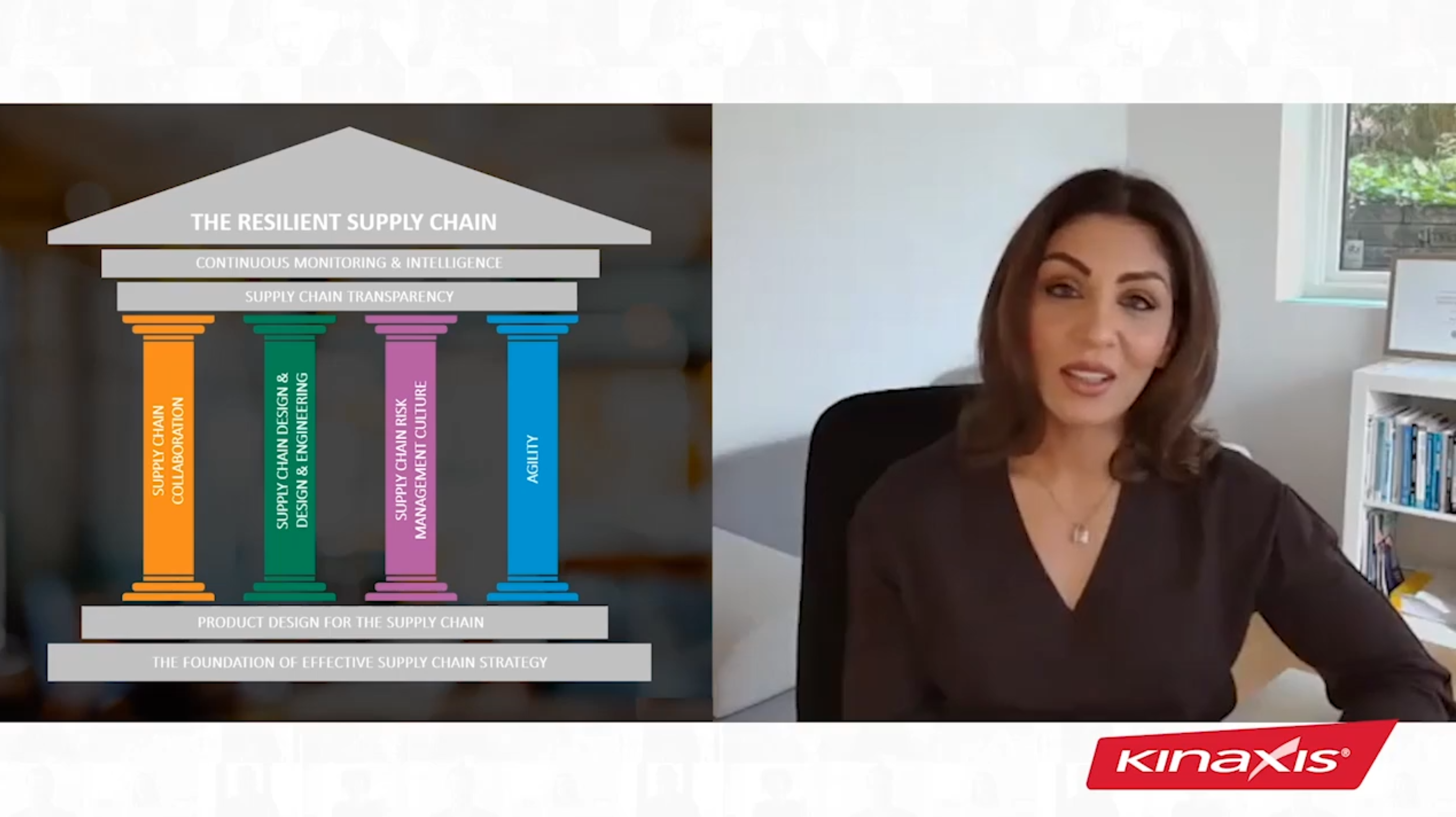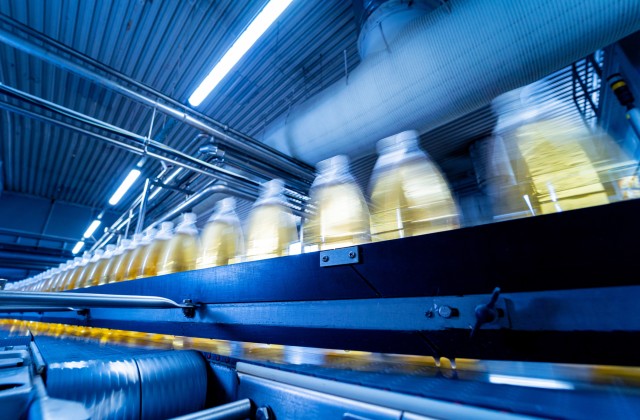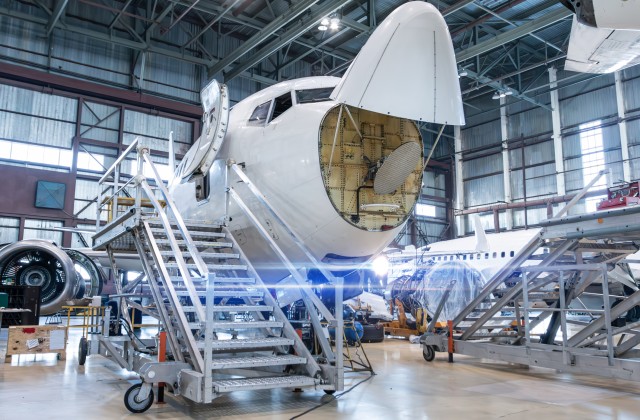The second day of Kinexions ’20 was packed with information on preparing organizations for the future. From managing risk and developing agility to merging the powers of both human resources and AI, leading experts shared valuable insights on how supply chains of the future need to adapt in order to thrive. Our speakers made it clear that supply chain is entering a new era — one where volatility is the norm and agility is king.
Turbulence is the new normal

Rising disruption is forecasted to be the new normal, so companies need to overhaul how they look at supply chains and what they value in them. Gone are the days of long planning horizons, cost optimization and pure efficiency. What is needed for the supply chain of our future is resiliency, agility and flexibility.
Dr. Omera Khan addressed these issues in her keynote event, highlighting the foundations of a good supply chain. Agility, collaboration with suppliers, creation of a risk management culture and having an intentional and well understood supply chain design were her pillars for creating a flexible, resilient supply chain framework.
When Bell Flight decided to change its business model to support more aftermarket care, their supply chain predictability became erratic. Moving from serial aircraft production to a system that required more spares and more repairs meant the company needed higher flexibility and better modeling. Bell tapped Kinaxis and RapidResponse® to foundationally change how their supply chain operates to give planners more control and insight. The transformation was a success. By using historical data to run simulations for the future, Bell is now able to answer all of its “what if” questions.
Humans and machines need to work together
Implementing AI and other advanced technology is not the be-all-end-all for an organization’s supply chain needs. Well trained supply chain workers are also required to make the context-driven decisions that machines simply cannot. Human designed processes and computational power outperform AI on its own. As Dr. Nada Sanders said in her keynote address, “What has been dubbed the technology era, should be dubbed the human era.” Ordinary people and machines with the right processes create extraordinary results.
Supply chain planning in the future is going to require jobs that work in tandem with AI, said Adam Hutchinson of Accenture, who spoke about intelligent supply chain execution in a breakout session later in the day, While machines can come up with solutions that exceed human capacity, they can also create outlier results with no way to explain why. Functional specialists and people focused on data quality will become more important as technology advances.
Extending the agility of RapidResponse
Specialization is also reshaping the way RapidResponse serves companies. Our Application Developer Program is the first and only concurrent planning solution that lets developers create custom, interconnected applications to help Kinaxis customers gain more out of RapidResponse's core capabilities. Early partners in the program, including OCYO Consulting, 4flow and Resilience 360, introduced attendees to the apps they developed in today's breakout sessions. These applications promise to improve everything from transport planning to sustainability.
Missed some of the sessions? Don't worry!
While Kinexions is sadly over, it doesn’t mean you can’t catch up on some of the great talks you may have missed. We’re providing on-demand recordings for all sessions, meaning you can review even more supply chain insights from the comfort of your home. We hope you enjoyed your time with us and we can’t wait to see you again at Kinexions ‘21!





